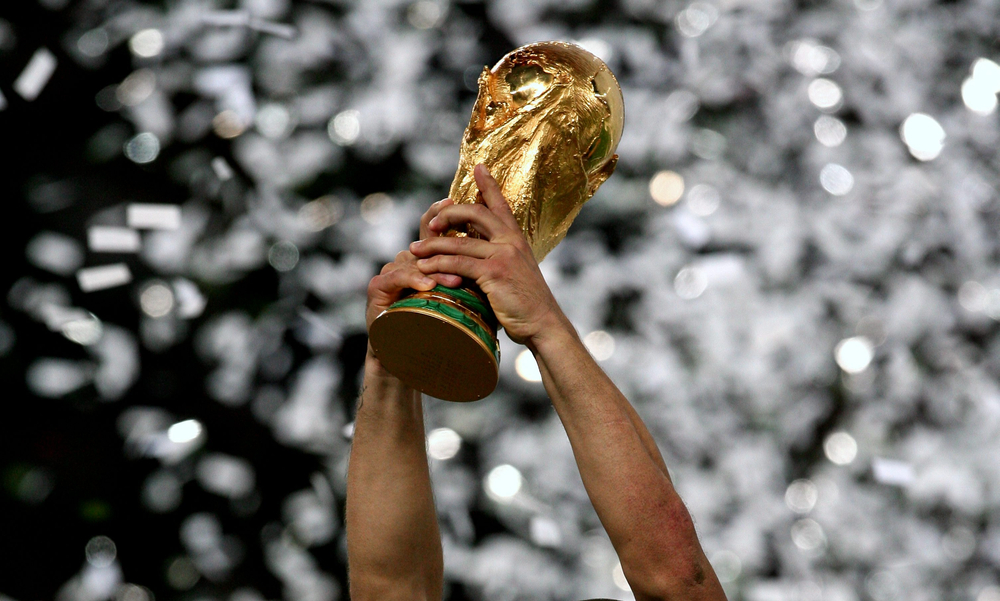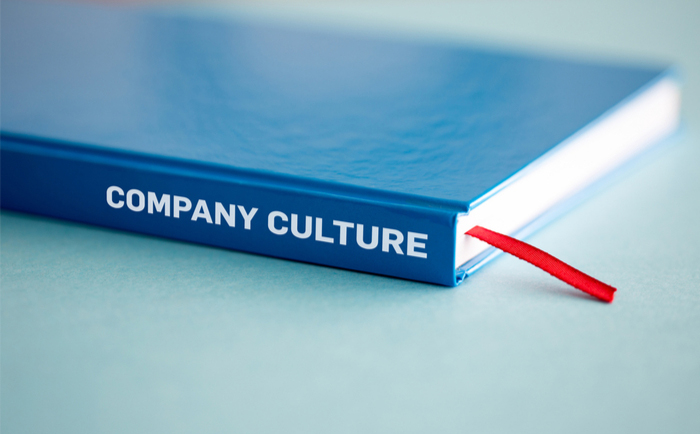At least one corporate has called foul over FIFA’s ban of the OneLove armband at the World Cup in Qatar after a German retail and travel giant decided the decision does not fit with its values.
Rewe, a €77bn supermarket and holiday company headquartered in Cologne, yesterday announced it would end its sponsorship arrangement with the German Football Association following FIFA’s decision to ban players from wearing the rainbow coloured OneLove armband supporting minority rights, including those of the LGBTQ+ community.
In Qatar, male homosexual sex is outlawed and punishable with up to three years in prison. Muslims found guilty potentially face the death penalty. The Qatari government also outlaws campaigning for LGBTQ+ rights.
FIFA’s ban became public in the opening days of the tournament after it was revealed players wearing the armband could earn themselves a yellow card and a fine for their teams. Fans reported being stopped from entering stadiums if found to be wearing rainbow colours.
Qatari displeasure hasn’t stopped everyone, however. BBC football pundit Alex Scott was filmed wearing one of the armbands, and when Germany faced Japan in their opening match, the team was photographed with their hands over their mouths, signalling they had been silenced.
Rewe’s intervention is a sign that some corporates connected to the game are waving red cards over FIFA’s infringement of liberal values. The company’s French CEO Lionel Souque has been widely quoted from a Der Spiegel article saying: “We stand for diversity—and football is diversity too.” He adds: “FIFA’s scandalous attitude is absolutely unacceptable for me as a CEO of a diverse company and as a football fan.”
Souque’s comments appear in earnest. At least one of Rewe’s brands, the travel company Kuoni, provides “same sex” holiday options and advice.
Human rights
Despite the controversy, FIFA has been working with the Qatari government, according to Rachel Davis, former chair of the association’s independent advisory committee on human rights and one of the advisers behind the UN’s Guiding Principles for Business and Human Rights established eleven years ago. Appearing on Frankly Speaking, a responsible business podcast, she said the organisation had worked with local “public security forces” to “instil a human rights understanding of how to treat people…especially for LGBTQ+ fans.”
She said the more complicated role for international businesses would be gauging how to respond to the needs of local people and employees in countries where LGBTQ+ rights may be restricted. Davis said it may require a more nuanced approach. “We need to see more careful attention to that and less broad championing of the Pride flag,” she said. “That can be great, but in some situations, that’s not going to help, or be the right thing from a safety perspective for local stakeholders.”
While gender and racial equality have dominated the governance agenda in recent years, Rewe is not the only company confronting resistance to LGBTQ+ rights. Earlier this year, Disney’s former chief executive, Bob Chapek, found himself clashing with Florida governor Ron DeSantis, a potential Republican presidential nomination, over LGBTQ rights. DeSantis had introduced a “Don’t say gay” law, prohibiting state school teachers from discussing LGBTQ+ issues. Chapek spoke up in opposition and DeSantis responded by ending Disney’s special dispensation allowing the home of Mickey Mouse to act as an independent government over its own land.
In the UK, companies have been warned they need to pay attention to LGBTQ+ inclusion. Two years ago, the Financial Reporting Council (FRC) warned companies they needed “to go much further to foster inclusivity”. Sir Jon Thompson, the FRC’s chief executive, said at the time: “Despite progress, many companies need to rise to the challenge by actively championing LGBTQ+ inclusion and progression.”
Rewe’s decision has fallen short of prompting an exodus of football sponsors from association with the World Cup, though it will likely send a signal to employers, customers and suppliers where its brand values lie. But football’s biggest competition in a country with laws that clash with values treasured in the West was always going to be controversial. And always for sponsors to consider. Rewe demonstrates that no matter the corporate allure of the beautiful game, its magic can be tarnished.





